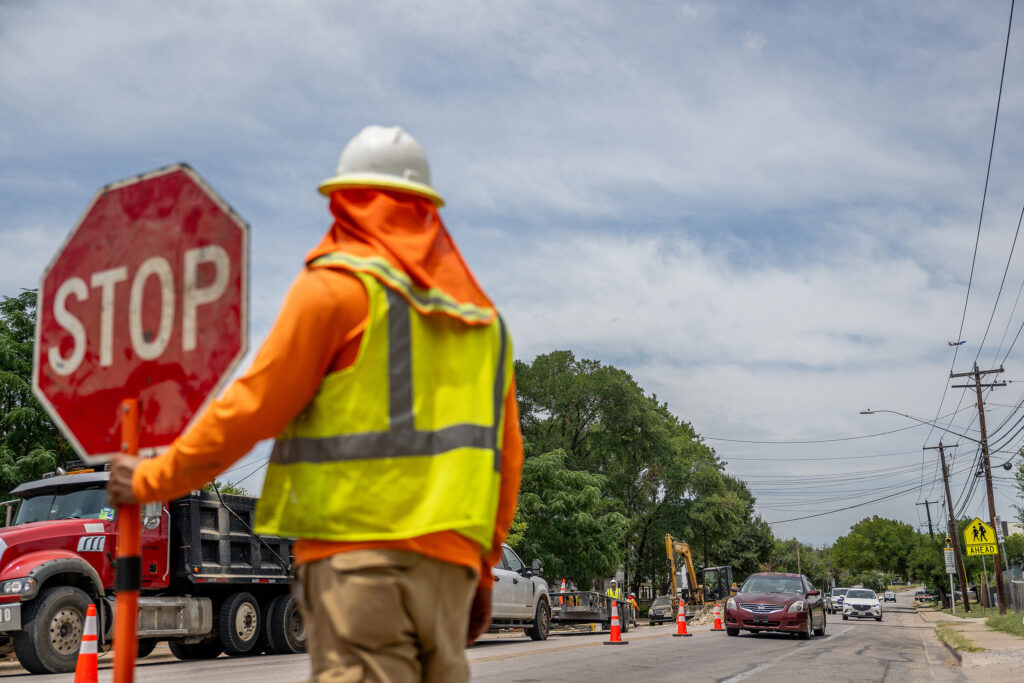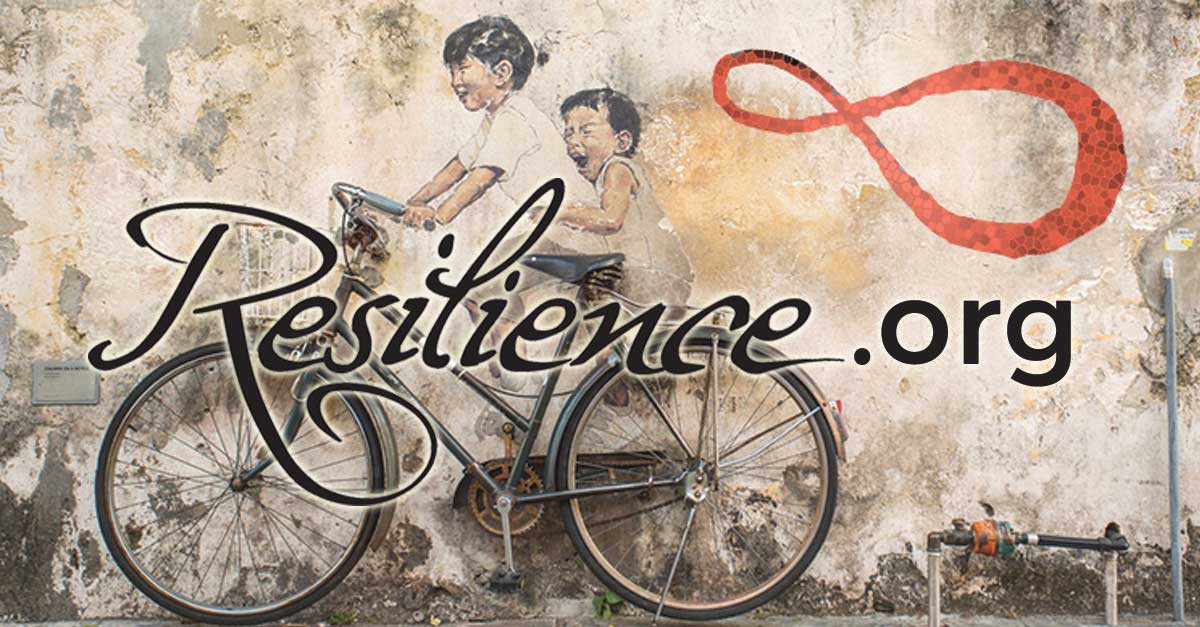Copyright standard

Dear Editor,One of the most painful truths about our nation is that the “Gambian” does not yet exist. What we have are individuals whose primary loyalties are to political leaders, parties, tribes, regions, and religious identities, but not to country. Belonging to subgroups is natural and not a crime. But when those attachments become higher than loyalty to the Republic, then citizenship collapses and nationalism become hollow. This is why we see citizens defend the indefensible. How can any Muslim or Christian, guided by texts anchored on justice, compassion, and truth dismiss the atrocities, corruption, and abuses of Yaya Jammeh? How can anyone minimize murder, torture, rape, theft, and public plunder with excuses such as, “No man is perfect,” or “He did some good things,” as if crumbs can justify crimes? Even Pharaoh built monuments. Yet this tragedy is not limited to Jammeh’s supporters. Today, across every political party in The Gambia, we see the same disease. People knowingly discard truth, law, evidence, morality, and even God to justify and defend leaders and groups from whom they derive identity, benefit, or comfort. We mobilize to protect politicians and not principles. We fight for parties and not the Republic. Our outrage is selective and our silence convenient. When a corrupt official is exposed, we shield him if he is “ours.” When the Constitution is violated, we defend the violator if he wears our party colors. But when someone criticizes our party or leader, suddenly the whole nation rises in attack. The same voices go mute when corruption skyrockets, electricity bills choke households, land is looted, public health fails, or the environment is assaulted. Why? Because we care more about subgroups than the Republic. This is the core of Gambia’s underdevelopment since independence: poor citizenship. If Gambians had defended the Constitution with the same zeal we defend leaders, tribes, and partisan banners, this country would be at par with Singapore. Our Constitution would be a sacred covenant, and not a suggestion. Instead, we betray the Republic daily. Public officials loot and abuse because they know their tribe, their party, and their followers will protect them. Civil servants watch institutions collapse but do nothing to avoid losing position, privilege, influence, or comfort. Ordinary citizens defend the very officials stealing their children’s future. After 60 years, the Gambia we see today is the mirror of our character: corrupt, indebted, impoverished, polarized, fearful, unambitious, dependent, and stagnant. Nation-building is not about roads, buildings, or slogans. It is about citizenship built on a culture of duty. It is the courage to defend the Republic even when your own leader, tribe, or friend is wrong. It is the willingness to lose benefit in order to protect the Constitution. Until we produce citizens whose highest loyalty is to country and law, not tribe, not party, not patron, the Gambia will remain a land of individuals, not a nation. A country can survive bad leaders, but no country survives bad citizens. Whither the Gambia? A land where citizenship is unfelt, sovereignty is abstract, and betrayal is normalized. Unless we rediscover our duty, we are building a house without pillars, a nation without citizens, and a future without foundation. For The Gambia, Our HomelandMadi JobartehKembujeh



